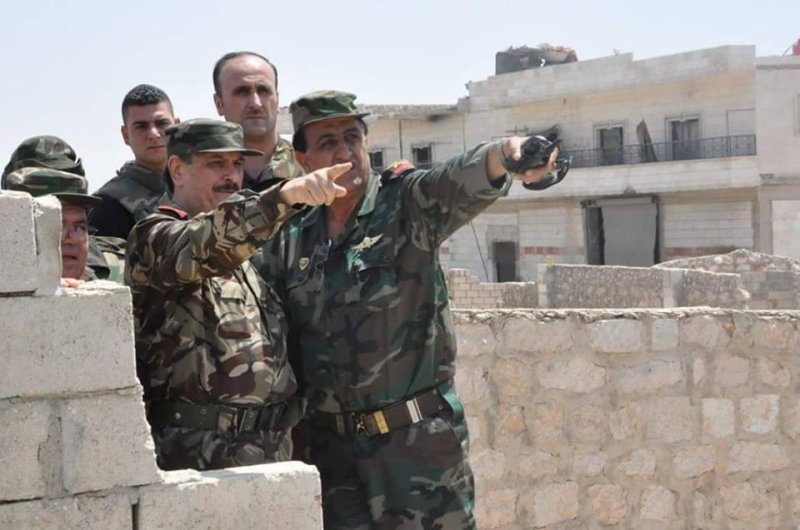
MOSCOW, Aug. 19 (UPI) -- The chairman of the Russian Duma's defense committee said this week the time has come for Russia, China, India and Iran to form an anti-terrorism coalition that is not aligned with the "aggressive" NATO.
Speaking to journalists in Moscow on Friday, Adm. Vladimir Komoedov said the four nations working together could defeat the Islamic State in a year.
"The Chinese military in Syria is the first step towards putting together a serious military-political coalition dominated by countries that are not aligned with the aggressive NATO bloc," he said. "The time has come to form such a coalition. It's not just the powerful military potential of these players but also serious political influence," he said, adding that, if Russia, China, India and Iran pooled their efforts in the Middle East to eliminate the Islamic State and other terrorist organizations, the situation could be resolved within a year.
Komoedov said the four countries he mentioned have common interests in the Middle East, as well as an understanding that "peace and security in the Middle East is needed."
His comments come as China, a longtime seller of arms to Syria, agreed to increase its military and humanitarian involvement in Syria's sectarian war. Several foreign countries are involved in the five-year war, with the United States insisting that any peace agreement be contingent on Syrian President Bashar al-Assad stepping down, while the Assad government maintains that the rebels are terrorists and insurgents who must be defeated. Russia, which is allied with Syria, entered the war in 2015 in support of Assad, launching airstrikes on rebel positions.
Rear Adm. Guan Youfei of China's office for international military cooperation and Syrian Defense Minister Lt. General Fahd Jassem al-Frejj met in Damascus earlier this week, the Telegraph reported, citing China's Xinhua state news agency. They reportedly agreed to strengthen cooperation, with China agreeing to increase training and humanitarian aid to Syria.
Although China routinely joins Russia in blocking United Nations resolutions critical of Assad, it is the only member of the U.N. Security Council not involved in military operations in Syria. China receives about half its oil and gas from the Middle East, notably from Iran, Saudi Arabia and Iraq, countries on opposite sides in the Syrian conflict. It is thought to be unlikely that Beijing will risk alienating its energy providers by developing a military presence in Syria.
